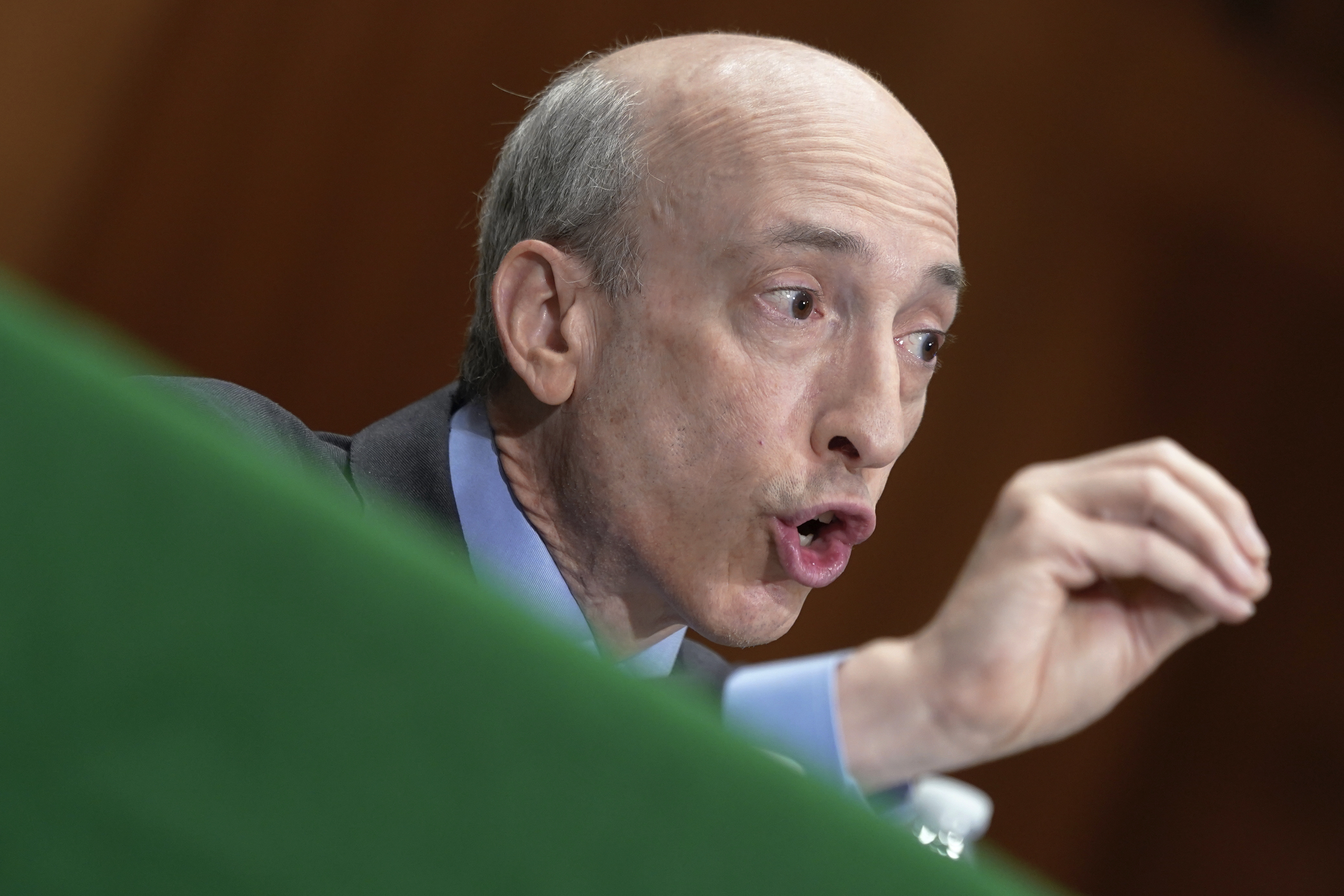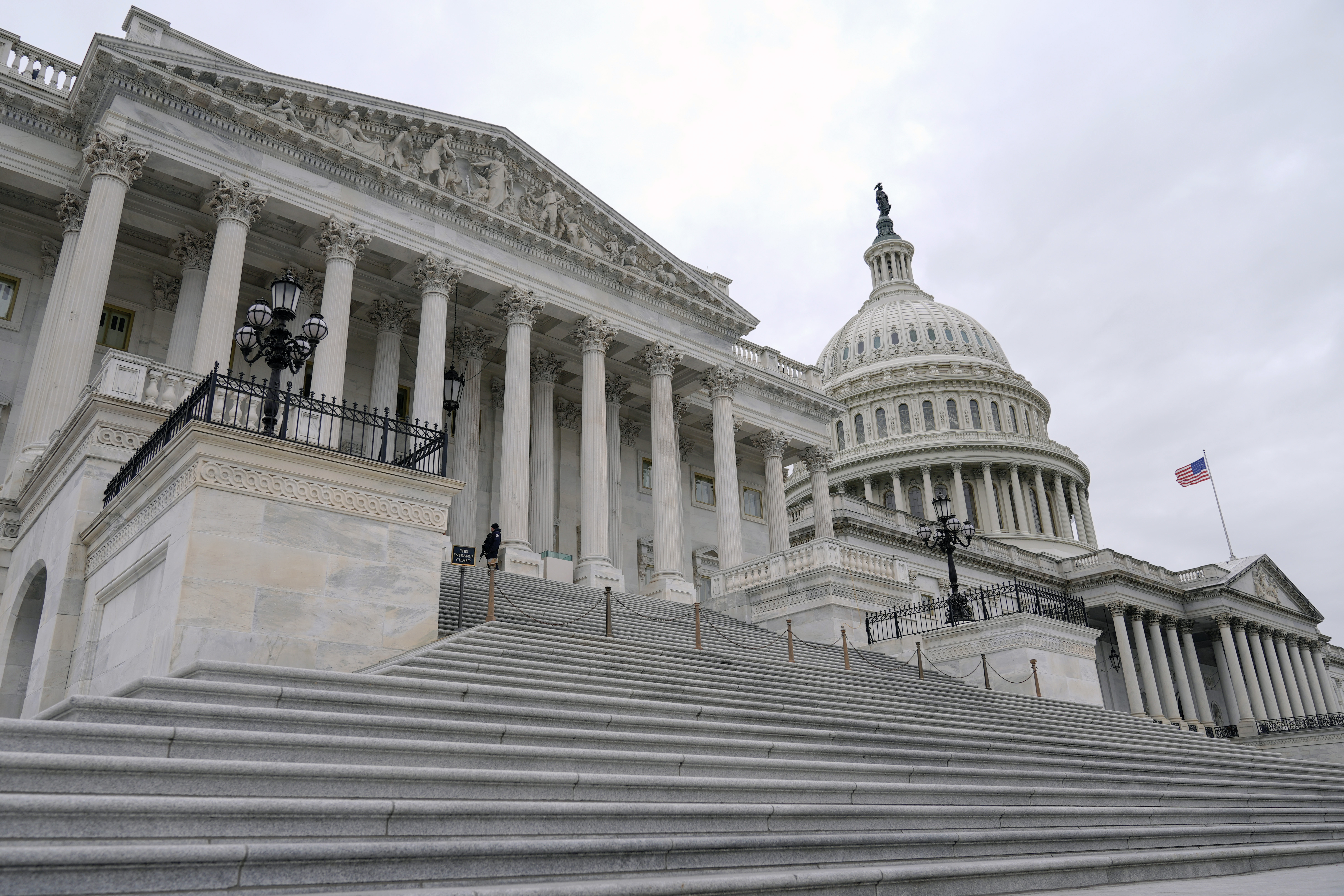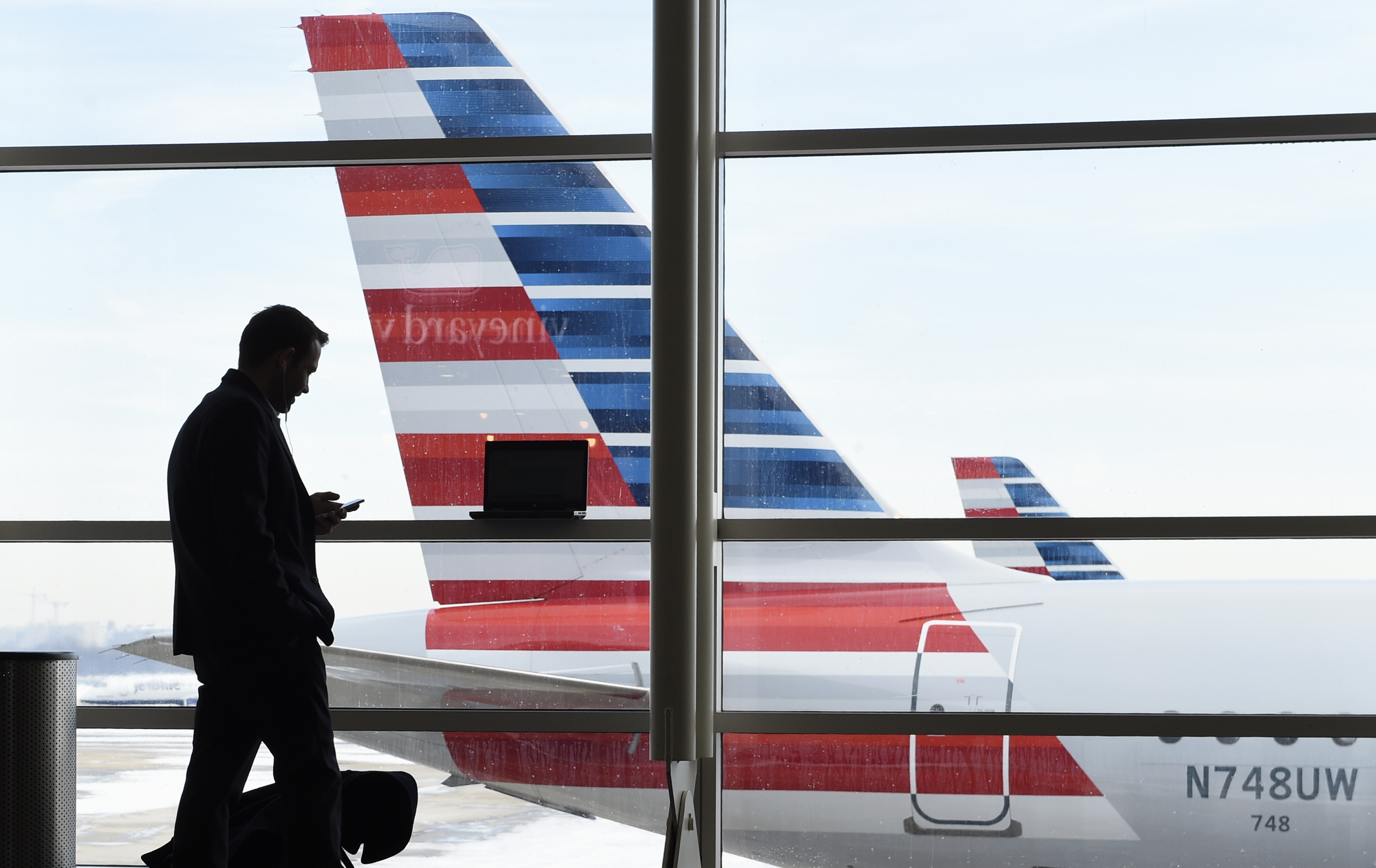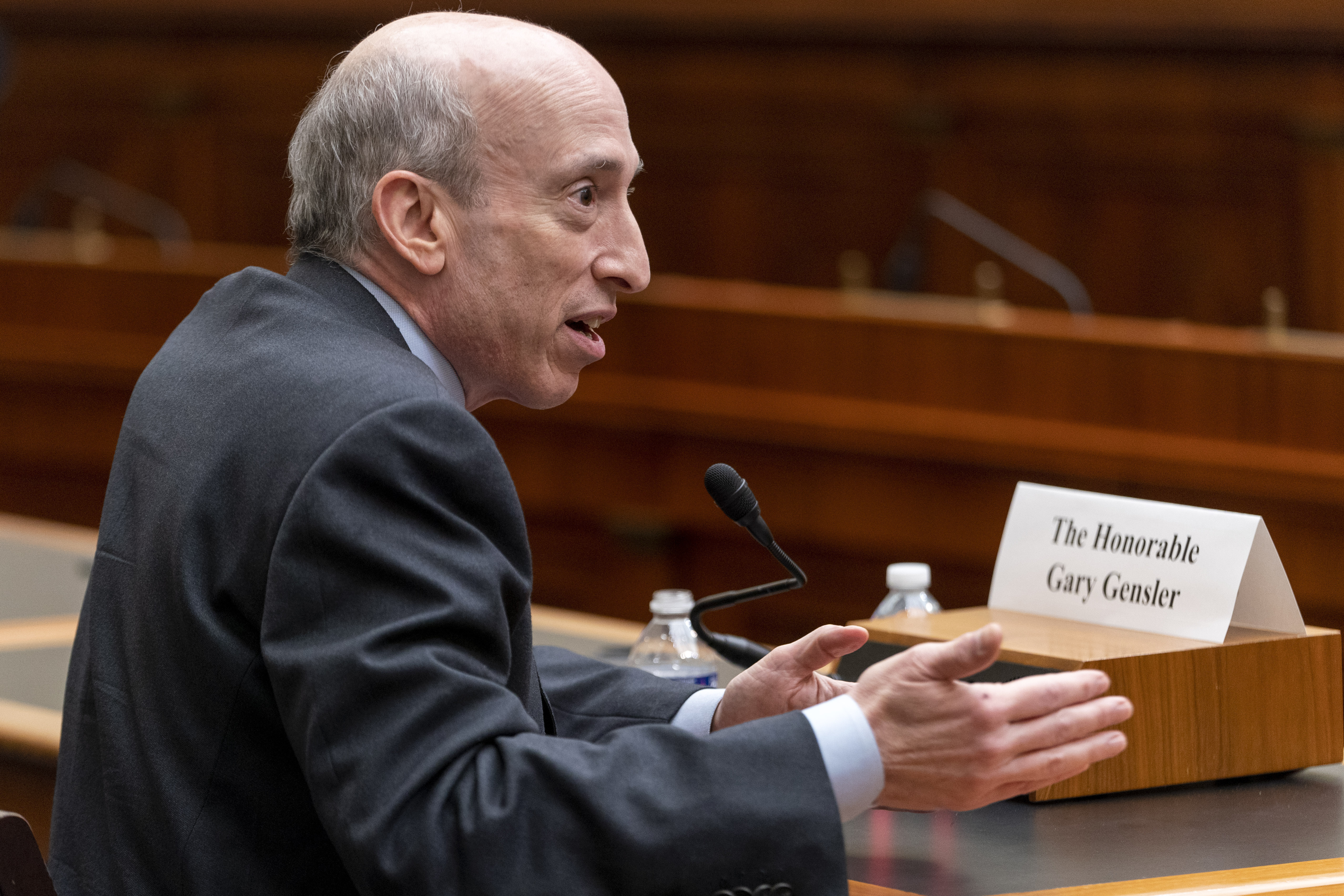HAMPTON ROADS, Va. (WAVY) — Many families in Hampton Roads have expressed concerns about proposed changes to Virginia’s Military Survivor and Dependent Education Program.
The program provides a tuition waiver to spouses and children of veterans who are killed, missing in action, taken prisoner or are at least 90% permanently disabled as a result of military service or combat.
The program has seen significant growth over the past five years, and it’s becoming more difficult for Virginia’s colleges and universities to absorb the costs.
It’s important to note, families who currently benefit from this program won’t see any changes right now. That’s because Gov. Glenn Youngkin said more research needs to be done before making any changes to the program.
On Monday, he announced $24 million in funding in his Common Ground budget to support the program, which is more money than previous years.
“Really important statement that we of course want our vets to stay here to raise a family here, we want Virginia to be the best place to live work and raise a family,” Youngkin said.
The proposed budget would provide $20 million to go to the colleges and universities and $4 million to help with costs for students, like for room and board or books.
“There’s a lot more to going to college than simply paying tuition,” Youngkin said. “There’s a lot more books and fees that are associated with it as well.”
The program, however, has seen significant growth over the past five years and it’s becoming a lot more difficult for colleges to absorb the costs the stipend doesn’t cover.
According to the State Council for Higher Education for Virginia, program waivers totaled right at $12 million in 2019. In 2023, they reached $66.4 million. Year after year, the program has been growing between 40% and 60%.
SHEV recommended an increase to the program because many colleges and universities believe reform is needed.
That’s why the General Assembly wanted to do something to address the issue, so they introduced Senate Bill 347. The bill would have made changes to those eligible for the program:
Virginia Military Survivors and Dependents Education Program. Provides that the stepchild of a living veteran or military service member, as described in the bill, is eligible to receive a tuition and fee waiver under the Virginia Military Survivors and Dependents Education Program if such living veteran or military service member claimed such stepchild on his tax return for at least five years prior to the date on which the admission application was submitted. The bill reduces the scope of the Program’s applicability by providing that an admitted qualified survivor or dependent is only eligible for a waiver of tuition and mandatory fees (i) for an undergraduate program at any public institution of higher education and (ii) up to the amount necessary to pay for the last-dollar cost of the tuition and mandatory fees after all other federal and state financial aid to which such qualified survivor or dependent is entitled are utilized. Current law does not limit eligibility for a waiver of tuition and mandatory fees to undergraduate programs and does not require such waiver to be limited any tuition and mandatory fees remaining after all other federal and state financial aid to which the qualified survivor or dependent is entitled are utilized. The bill also provides that a qualified survivor or dependent, in order to be eligible for a waiver of tuition and mandatory fees, must (a) complete the federal Free Application for Student Aid (FAFSA) each year for which he seeks to receive a waiver and (b) maintain satisfactory academic progress pursuant to 20 U.S.C. § 1091(c). Finally, the bill exempts from the requirement limiting the receipt and use of such waivers to undergraduate programs any individual who qualified for a waiver of tuition and mandatory fees under the Program prior to the provisions of the bill going into effect and is currently enrolled in a public institution of higher education or Eastern Virginia Medical School.
— Senate Bill 347
“We heard from a number of constituents who were concerned about it being changed,” Youngkin said, “and that’s why it’s really important that the language that was included in the general assembly’s budget, we have sent back an amendment to not include that language and in fact to study the problem before we make a policy decision.”
Virginia Commonwealth University provided more tuition and fee waivers than any other institution in Virginia for the 2022-2023 school year. Old Dominion University provided the second most, supporting 964 students last year. You can see how much each university awarded in the state in the 2022-2023 school year by clicking here.
We did hear back from ODU, Christopher Newport University and VCU about the governor’s amendments.
“We appreciate the Governor and the General Assembly for recognizing this issue. At Christopher Newport, tuition and mandatory fee waivers associated with the VMSDEP have increased from $300,000 in 2017-18 to more than $3 million in 2023-2024. We support and celebrate this program, and funding is needed to ensure the burden is not passed along to tuition paying students.”
— Christopher Newport University
“Old Dominion University is in the process of carefully reviewing the full details of Governor Youngkin’s Common Ground amended budget, which was released yesterday. We continue to analyze the ways in which it would impact our institution.”
— Old Dominion University
VCU is committed in its support of the Virginia Military Survivors and Dependents Education Program, which helps survivors and dependents of qualified veterans and service members achieve their educational goals. VCU provides more tuition and fee waivers than any other institution in Virginia, with nearly 25% of all waivers provided by VCU.
— Virginia Commonwealth University























